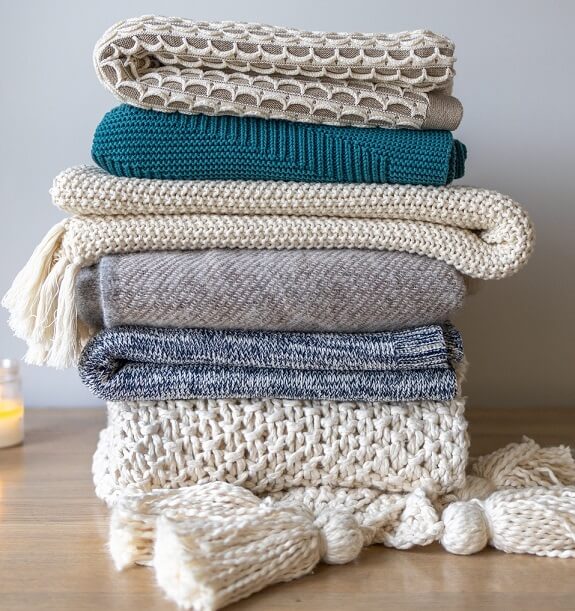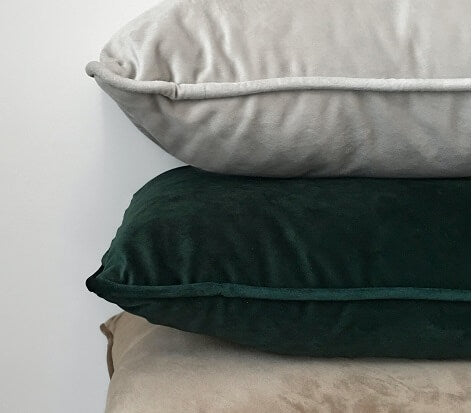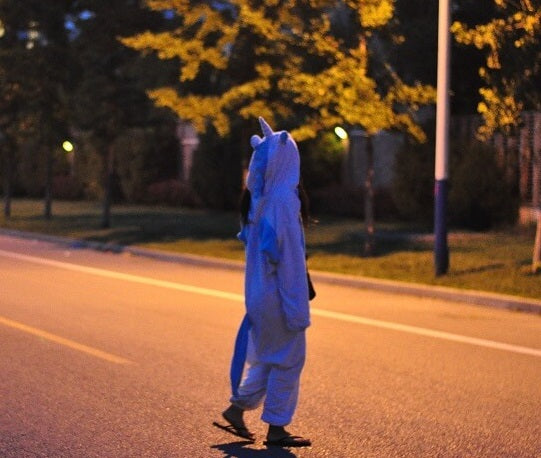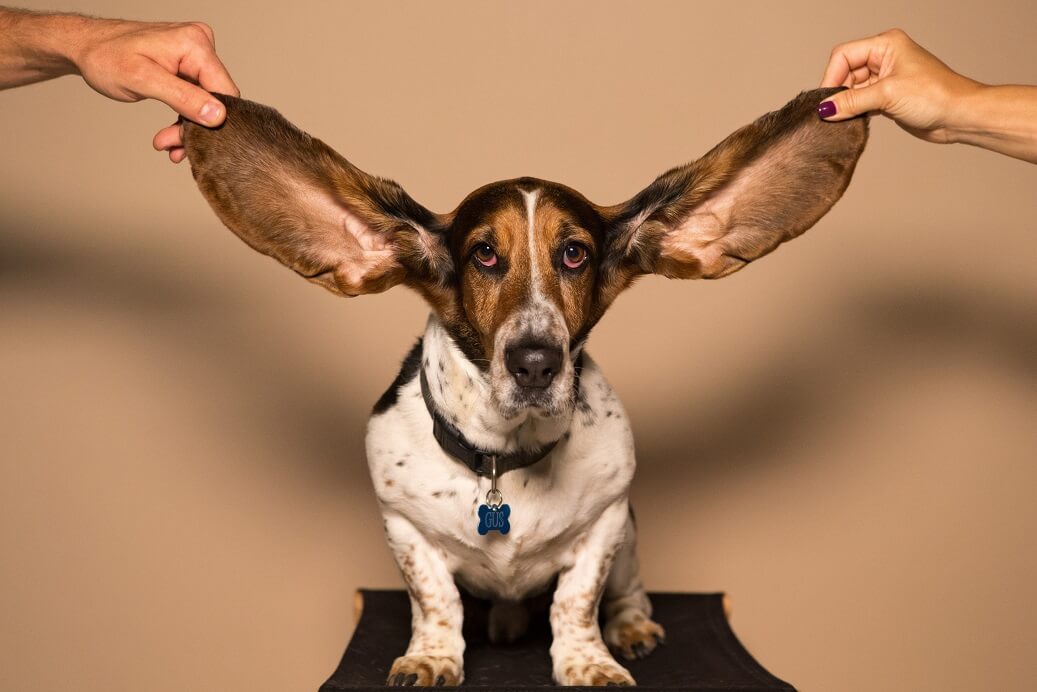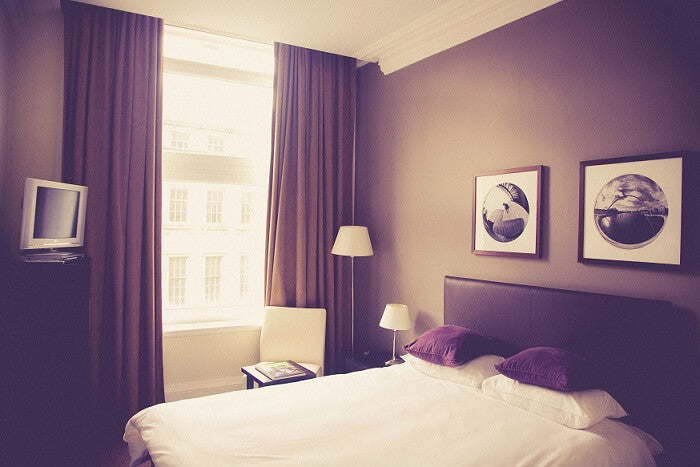What do your eyes do while you sleep? Many people think that since their eyelids are closed, their eyes are asleep, too, but this isn’t actually the case. In fact, many complex processes continue in your eyes even as you snooze through the night – whether or not you’re aware of it! Here’s what happens to your eyes when you sleep...

The eye muscles relax
When you sleep, your eyes are anything but idle. In fact, a lot of important processes are taking place in order to ensure that your eyes remain healthy and functioning properly. One of these processes is the relaxation of the eye muscles.
The act of relaxing the eye muscles is an essential part of sleep. This process helps the eyes to reduce their overall activity and allows them to rest. Without this process, your vision could suffer as your eyes become increasingly strained and tired.
The most significant muscle that relaxes during sleep is the ciliary muscle. This is the muscle responsible for controlling the curvature of the lens in your eye. During sleep, this muscle relaxes and allows the lens to flatten out, which improves your ability to focus on near objects. As a result, people who suffer from nearsightedness (myopia) may experience improved vision while they are sleeping.
The relaxation of the eye muscles also allows your eyes to take a break from the constant tension that can be caused by staring at screens for long periods of time. This is especially important for those who work long hours in front of a computer screen or smartphone, as it helps reduce the strain on their eyes and gives them a chance to rest.
So the next time you're wondering what your eyes are doing while you sleep, remember that they're working hard to keep you looking and seeing your best.
Blood flow decreases
When you drift off to sleep, your eyes don’t take a break too! While the rest of your body slows down and relaxes, your eyes remain active. In fact, studies have shown that blood flow to your eyes decreases significantly during sleep.
It’s believed that this decrease in blood flow helps protect your eyes from damage while you sleep. It also allows for a deeper level of rest, since the body is not actively focusing on sight. As a result, it’s important to get enough sleep each night in order to keep your eyes healthy.
Interestingly, your eyes will even make slight movements during the REM (rapid eye movement) stage of sleep. This is thought to help keep them lubricated so they don’t dry out during the night.
So while you may not be able to see what’s going on while you sleep, you can rest assured that your eyes are still hard at work! However, not getting enough sleep has been shown to lead to symptoms such as blurred vision, tiredness and dry eyes. Keep your eyes happy by following these three simple tips:
1) Make sure you're sleeping an adequate amount - 6-8 hours per night is recommended 2) Drink plenty of water throughout the day 3) Take care of yourself with vitamins

Production of tears decreases
When we sleep, our bodies shut down to conserve energy and prepare for the upcoming day. But what happens to our eyes while we rest? While it may not seem like it, our eyes are still working hard when we're asleep.
One of the most notable changes that occurs in our eyes during sleep is the production of tears. When we're awake, our eyes continuously produce tears to keep them moist and comfortable. During sleep, however, this production decreases. This is why many people wake up with dry eyes and the sensation of having something in them.
In addition to decreased tear production, our eyes also experience reduced blinking when we sleep. Blinking helps to clear away dust and debris from our eyes and keep them healthy. With less blinking, more dirt and bacteria can build up in the eyes overnight, leading to irritation and discomfort when we wake up.
It's important to note that these effects don't necessarily mean you should be worried about your eyes while you sleep. Our eyes are designed to withstand these minor changes while we rest, and they will usually return to their regular function when we wake up. However, if you experience any concerning symptoms or discomfort in your eyes, it's always best to consult a doctor.
The pupils constrict
Your eyes are always working even when you’re asleep, performing a number of essential functions to ensure you get the restful night’s sleep you need. One of the most important processes your eyes perform when you're snoozing is called pupil constriction.
When you close your eyes and drift off to sleep, your pupils (the black circles in the middle of each eye) shrink and become smaller. This is because the muscles around your pupils contract, reducing the size of your pupils. This is known as the pupillary light reflex.
The pupillary light reflex is triggered by darkness, and it happens almost immediately once your eyes are closed. The tiny muscles surrounding your pupils contract, causing them to become smaller and thus allowing less light into the eye. By making your pupils smaller, they help protect the light-sensitive cells in your eyes from too much exposure to light during the night.
The pupillary light reflex also helps keep your body temperature regulated. When light enters your eyes during the day, it triggers a reaction that causes your body temperature to rise. But when your pupils are constricted during the night, it helps maintain a lower body temperature that keeps you comfortable while you sleep.
Pupil constriction is an essential part of ensuring that you get a good night's rest, so make sure to give your eyes some TLC before hitting the hay!

